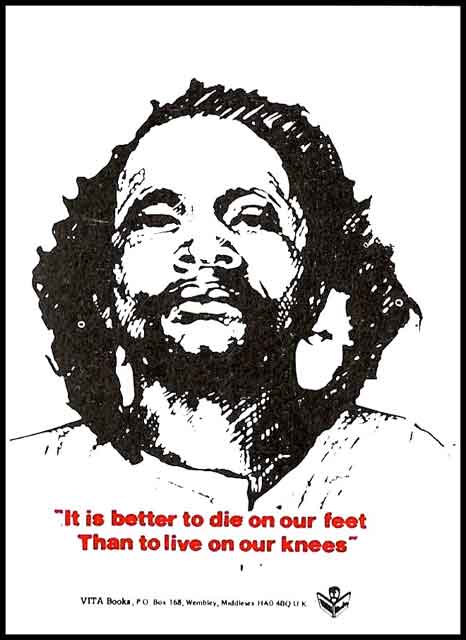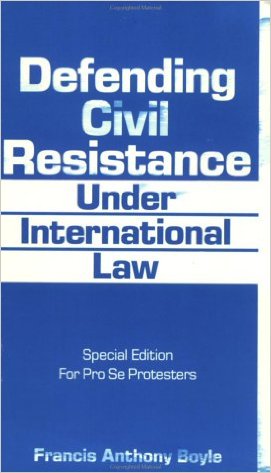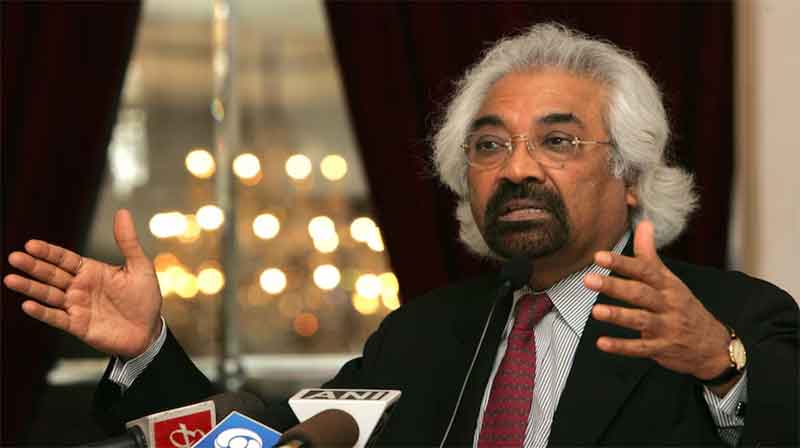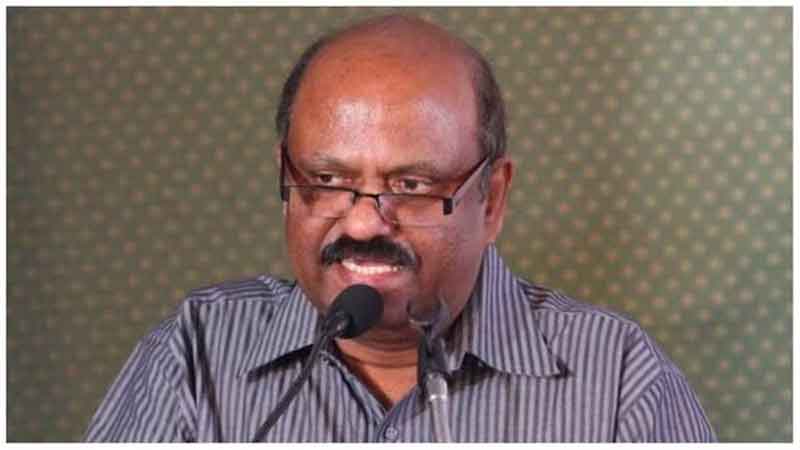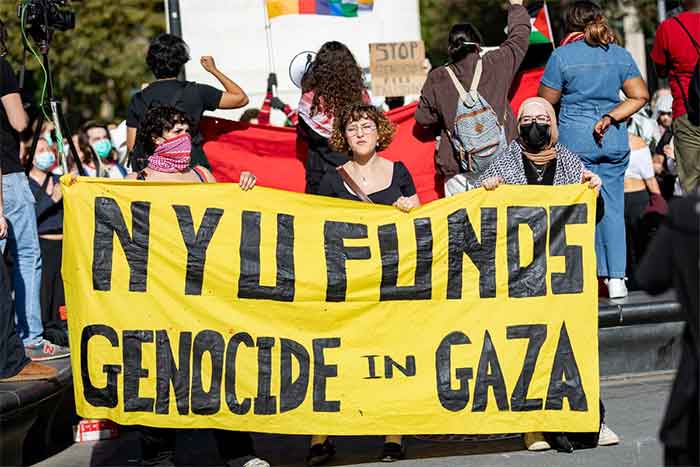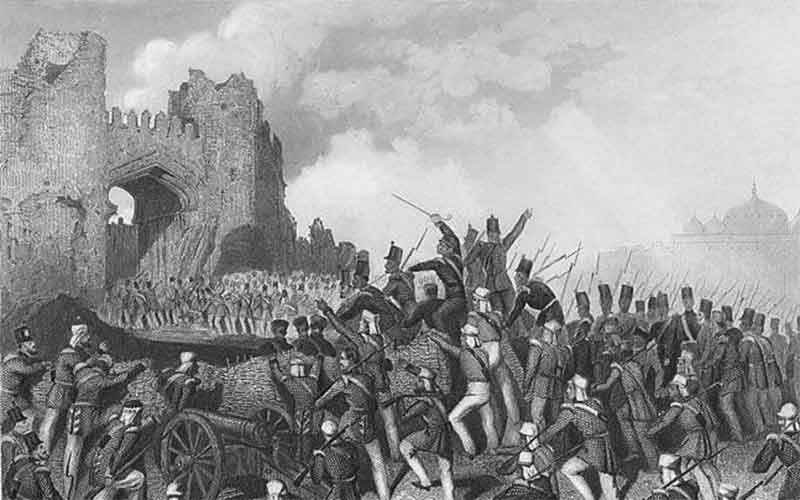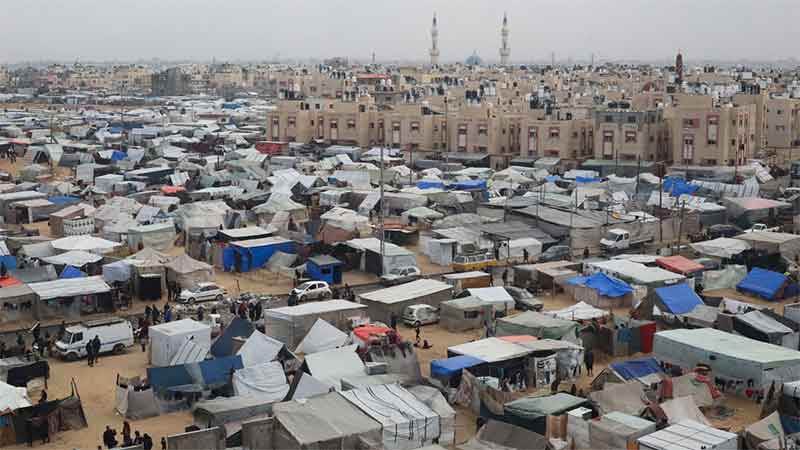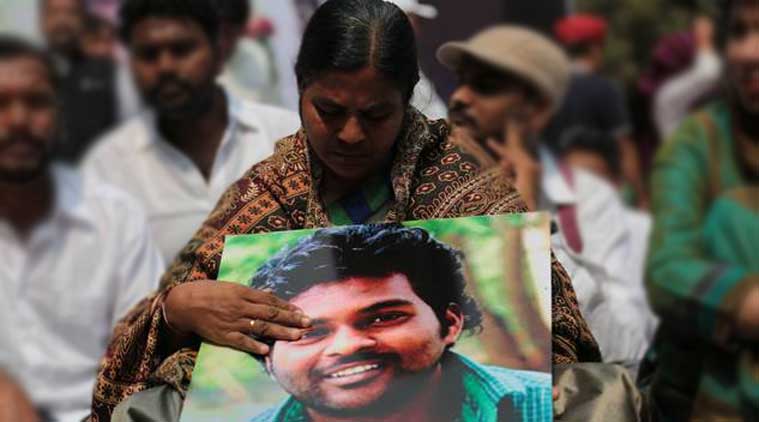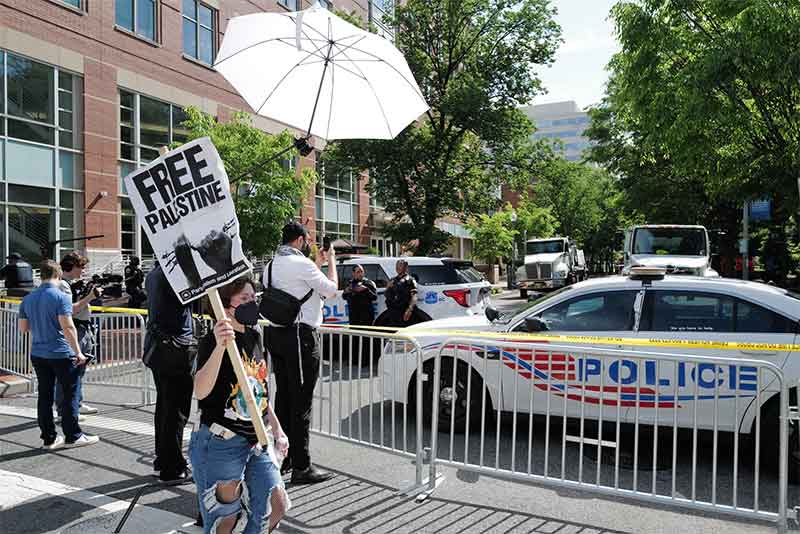
“There are things which are worth suffering for” wrote the Czech philosopher Jan Patočka shortly before his death which was caused, in part, by the treatment he received from the Czechoslovakian secret police in March 1977.
My first admittedly cynical response to this rather Christian remark is: Really? What things exactly? And how much suffering?
In Václav Havel’s famous essay of 1978 The Power of the Powerless dedicated to his mentor and friend, Jan Patočka, Havel names things like human dignity and autonomy as having such worth.
He also mentions the ability to “live in truth” rather than to “live in lies” as being worth the price of personal suffering.
No one would dispute, I think, that these are noble sentiments.
Yet, I now invite you to George Orwell’s equally famous/infamous room 101.
In this fictional room taken from Orwell’s iconic book 1984 one finds that which one fears the most. For the protagonist of that book, Winston Smith, that was the fear of being eaten alive by a horde of hungry rats. A fear that was materially realized in room 101.
The objective of room 101 is, of course, to completely break the individual subject’s will. For the subject to lose all psychological possibilities for any more deep forms of expressive subjectivity. For the total destruction of not only any kind of resistance, but for the extinguishing of any prospect for a resurgence of human dignity and or autonomy. Objective coercive power is here utterly triumphant over the individual human spirit as “a boot stamping on a human face—forever”.
Few modern people, I think, would be willing to pay such a price—for anything.
The question now turns to whether or not we live in such a world.
The answer might be: It depends.
It depends on whether or not you believe that there exists crucial interests that are willing to be defended at any price by relatively powerful actors. If you don’t believe in this statement you can comfortably stop reading here, yet if you are willing to at least entertain the possibility do read on.
I take it to be a universal fact that every human society is organized around the principle of power. Its concentration, distribution, and exercise. All advanced societies are/have been ruled by elites whose chief goal is the maintenance and reproduction of their power. How far are modern elites willing to go to defend their individual position and the power structure as a whole?
Are they willing and able to act extra-legally if and when necessary? And if yes, what are the various ways that one could prove it or even effectively counter such moves?
The greater the spirit of solidarity, numerical density, availability of resources that modern elites have at their disposition the harder it becomes to answer such questions.
Yet perhaps of all three of these factors, solidarity is the most important. Solidarity suggests keeping means and ends hidden. It suggests being able to carry out both short term and long range plans. It means safety for the group as a whole and the continuance and strengthening of their particular interests.
Is the old mafia joke about how three men keep a secret true in the end? That two of them have to be dead? Much depends on a serious answer.
Is it really a conspiracy if elites manage to perpetuate themselves, persecute their enemies, and persuade the many of the “untruth” of such thoughts. Or is it just simply following the rule book formally laid down centuries ago by Machiavelli?
Is he who says “power structure” “elites” “ideology” “extra-legality” saying “conspiracy”? Or is this the real structure of modern day life?
In today’s world, how powerful are the powerless? Are they truly able to transform the power structure of their societies without the tacit assent of the powerful? Are the powerless lost in a maze of surreptitious simulation and ideological props that guarantee their shallow sense of happiness and manufactured repressive freedoms? Do the powerless even have a chance to “live in truth” in a world that, echoing Havel, can still more and more be called “post totalitarian”?
Dan Corjescu has a PhD in Continental Philosophy from Sofia University. Teaches at Ravensburg-Weinburg and Neu Ulm University of Applied Sciences.
SIGN UP FOR COUNTERCURRENTS DAILY NEWS LETTER


